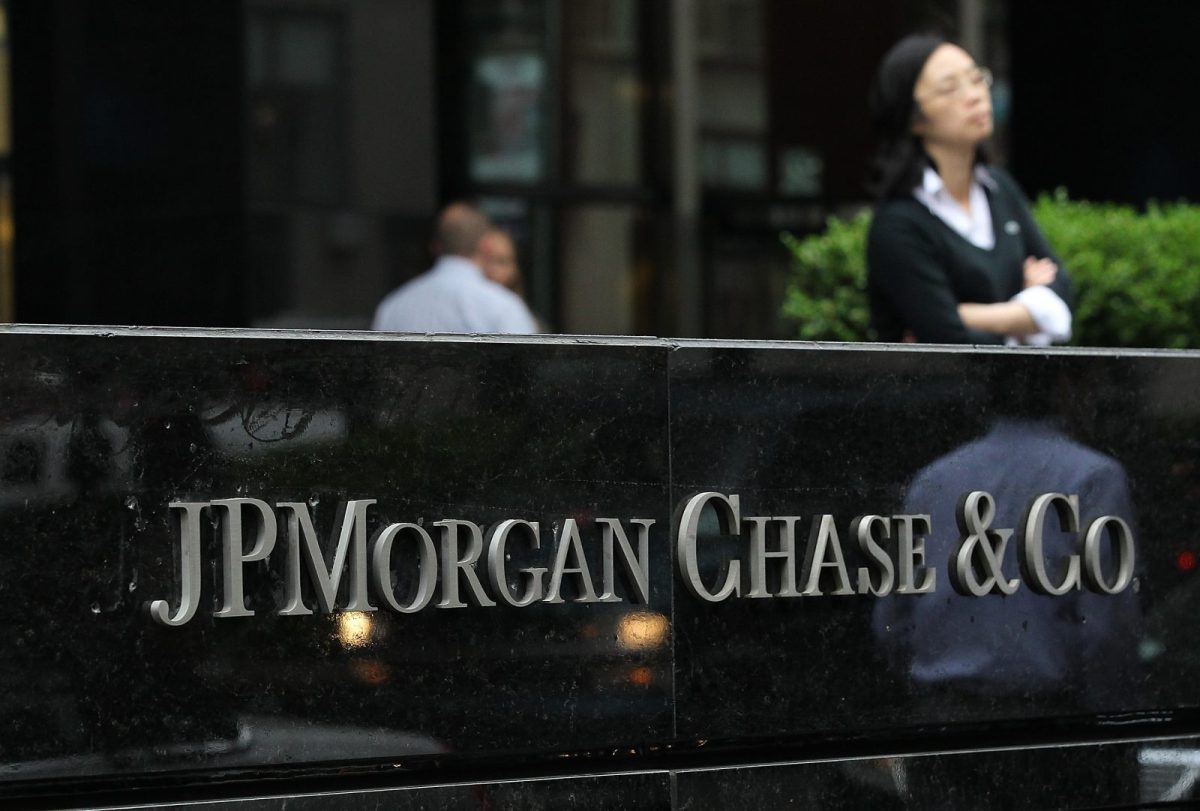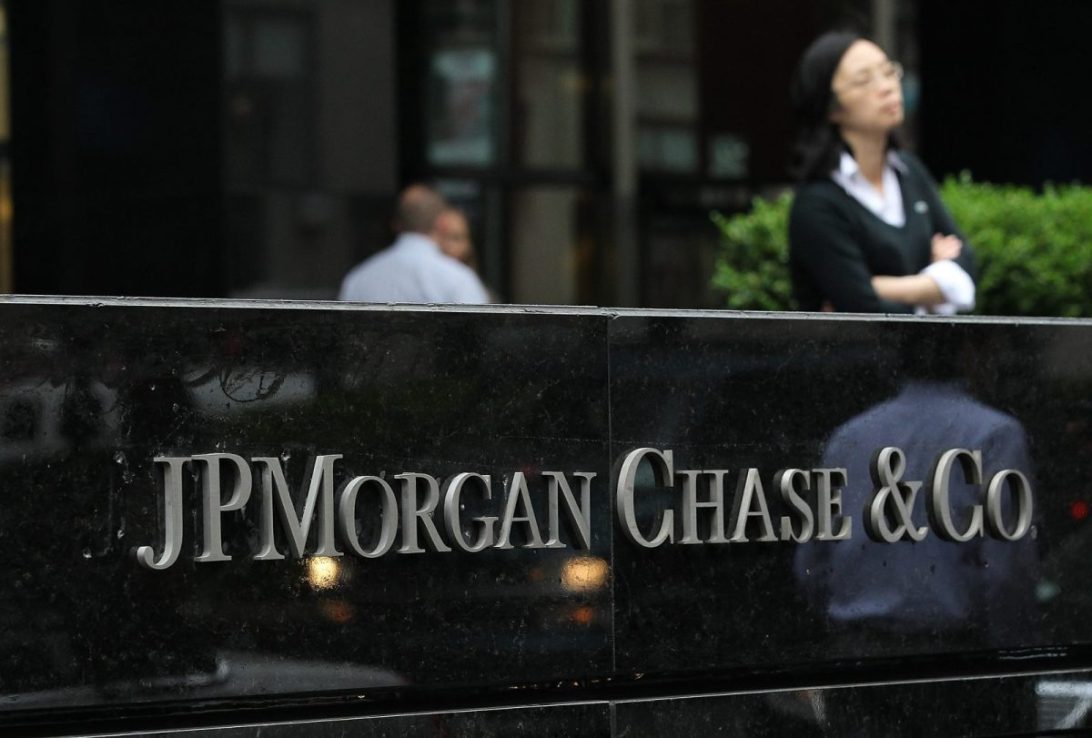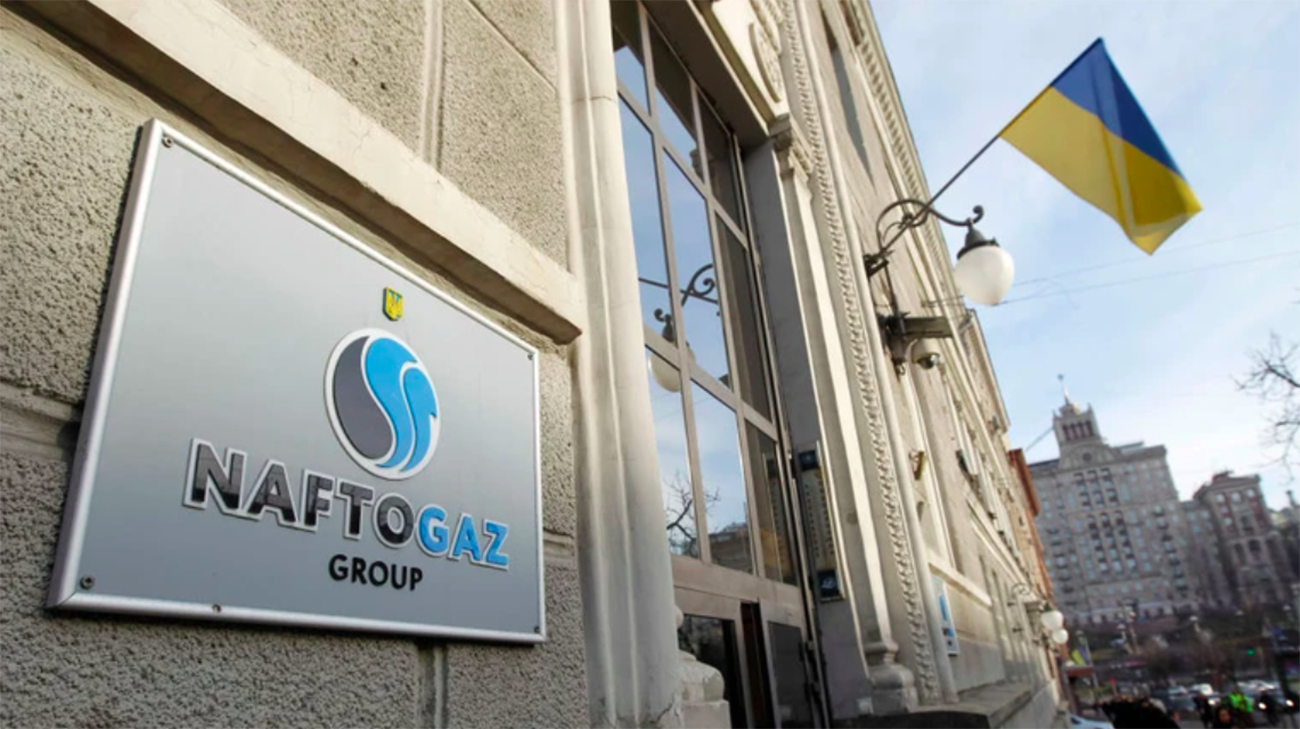Dealmaking rebound helps JPMorgan to bumper profits
JPMorgan benefited from a long anticipated recovery in dealmaking to deliver a big increase in profit compared to last year. The Wall Street giant reported net income of $18.1bn in the second quarter, up 25 per cent on the same period last year and ahead of analyst’s expectations. JPMorgan saw revenue rise by 22 per [...]


JPMorgan benefited from a long anticipated recovery in dealmaking to deliver a big increase in profit compared to last year.
The Wall Street giant reported net income of $18.1bn in the second quarter, up 25 per cent on the same period last year and ahead of analyst’s expectations.
JPMorgan saw revenue rise by 22 per cent, thanks to a rebound in M&A and a small increase in net interest income, the difference between what banks pay out and receive in interest payments.
The figures were also flattered by a $7.9bn net gain from the sale of shares in payments giant Visa.
Fees from investment banking rose 50 per cent on last year, which was well ahead of the bank’s guidance even though it was against a low base.
Equity trading at the bank also surpassed expectations. The divisions registered a 21 per cent increase in revenue.
Dealmaking has been in the doldrums for the past couple of years as firms have struggled with high interest rates and economic uncertainty.
However, the prospect of interest rate cuts and a likely soft landing has contributed to a recovery which is likely to pick up steam as the year progresses.
Overall US deal value was $535bn (£417bn) in the first five months of 2024, up nearly 30 per cent from the same period last year, according to PwC.
JPMorgan also lifted its provision for credit losses by five per cent on last year, to just over $3bn. The increase was largely driven by funds set aside for credit card loans.
“While market valuations and credit spreads seem to reflect a rather benign economic outlook, we continue to be vigilant about potential tail risks,” Jamie Dimon, the bank’s long-time chief executive said.
“These tail risks are the same ones that we have mentioned before. The geopolitical situation remains complex and potentially the most dangerous since World War II — though its outcome and effect on the global economy remain unknown,” he added.
Wells Fargo and Citi have also released results for the second quarter today. Goldman Sachs and Morgan Stanley are set to update investors next week.



